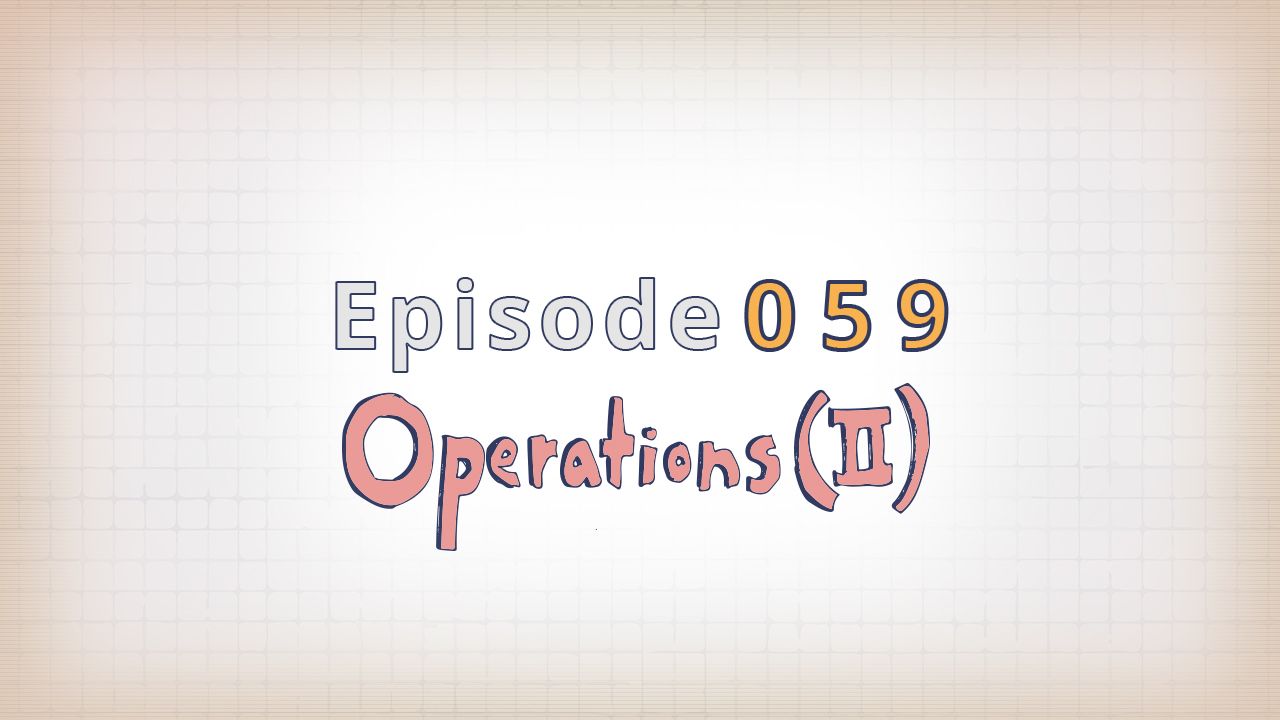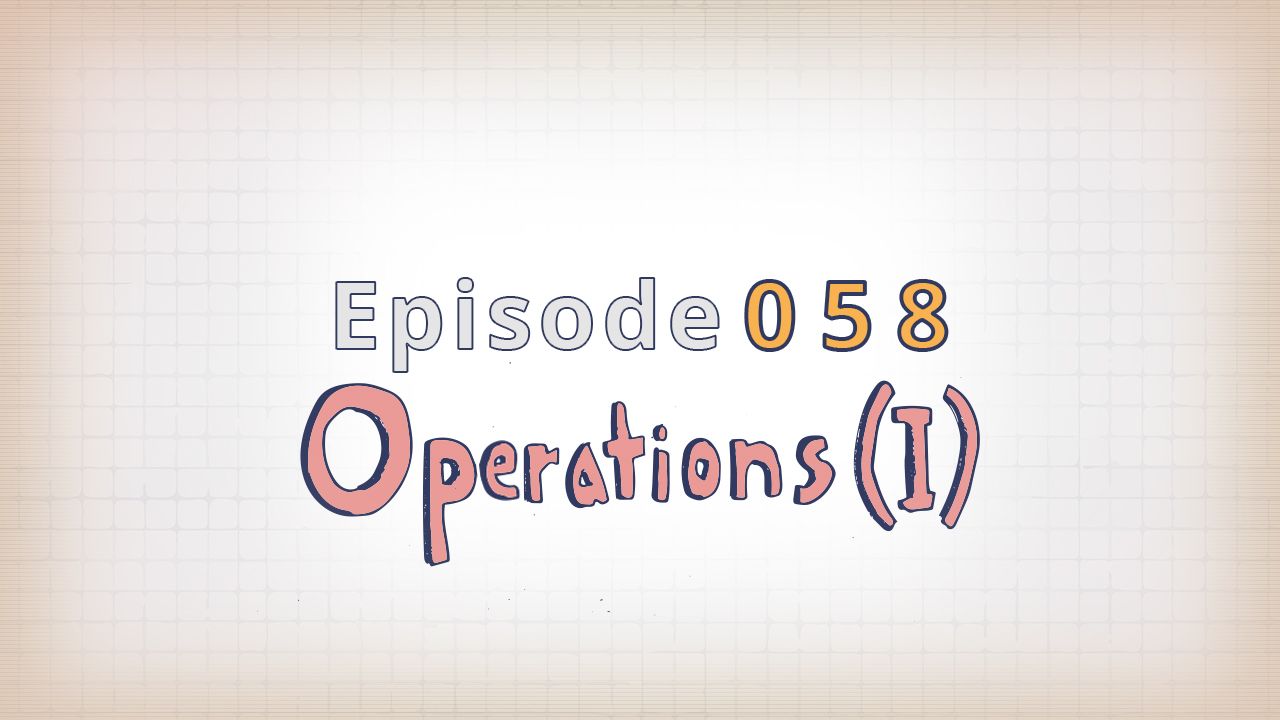059: Operations (II)
Five ways to keep your systems running.

Here are my takeaways from MBA Operations Management class:
Tangible ways to get systems running efficiently.
Generalizable to ~most settings.
Here's part I :

Five takeaways :
1 Identify bottlenecks
2 Expect variability
3 Preserve slack
4 Beware overcorrections
5 Invest in people
1 Identify bottlenecks

A system's capacity is constrained by its weakest component: A single pinch-point can reduce vital throughput.
Bottlenecks exist everywhere: In roads, airport security queues, production lines, plumbing systems, supply chains, software architecture etc.
When inputs arrive faster than processing speeds, buildups accumulate. Wait times increase. Performance suffers.
By alleviating the constraint - or redesigning the system - its impact can be reduced.
Tips:
- Locate it: Identify root causes. Ask why.
- Then, add capacity: Direct resources there.
2 Expect variability

Some things are predictable. Others are more random.
In any case, assume that things will go astray.
"Everybody has a plan until they get punched in the mouth".
But a resilient system can help you land on your feet.
Tips:
- For predictable variability: Forecast. Test and learn.
- For unpredictable variability: Learn from systems that flourish under stress. Nature is full of adaptive systems. Some insights can be extended to organizations.
3 Preserve slack capacity

In services businesses, utilization (X axis) and wait time (Y) have a non-linear relationship. When employees are busy / distracted, logjams can occur, quickly.
What this means =
Don't run things at max capacity.
The inverse is also true: By adding a bit of margin back into the system, you can quickly relieve pressure. Some breathing room can make a huge difference.
Slack capacity absorbs shocks upstream.
Tips:
- Go slow and be patient: Humans and machines need downtime.
- Rest. There's value in trading some short-term output for long-term resilience.
4 Beware overcorrections

Why do people hoard toilet paper? Why do stocks jump 500% overnight? What makes soccer goalies dive on penalty kicks, instead of staying centered?
Humans are emotional creatures.
We extrapolate meaning from noise.
We react, instinctively.
We over-correct.
These tendencies get us into trouble (myself included).
Tips:
- Distinguish signal from noise: Slight over/under-estimations can create huge inefficiencies. There's a whole field that studies these effects.
- For more on this, read about the Beer Game.
5 Invest in people

Operations Management people like to use a lot of quant models and math.
But no formula can tell you how to create a meaningful, authentic experience. The human tradeoffs are as much art as science.
Beyond the heady jargon, my takeaways =
- Have a clear, motivating mission. And core values (real ones).
- For common, predictable stuff: Create systems that enable easy decisions with minimal effort. Remove hindrances.
- For everything else: Empower people to use good judgment.
Easier said than done.
What are your Operations insights?
Related :




